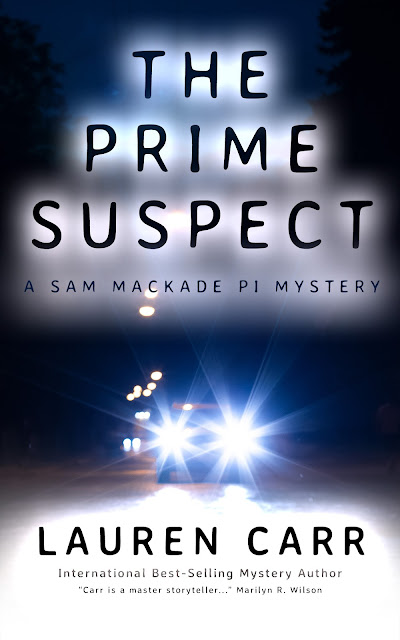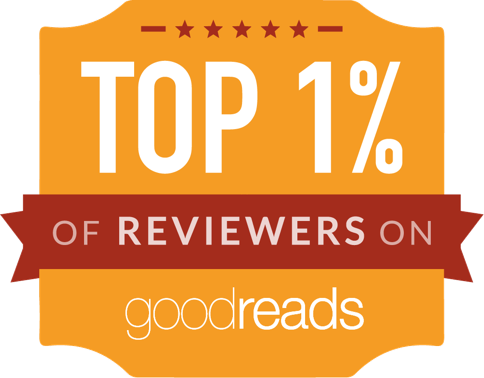Tyndale House
ISBN: 978-1414375496
Published Sept 21, 2012 (originally published in 1993)
Trade paperback, 546 pages
This epic novel sweeps us into the tumultuous time when the Roman Empire ruled with an iron fist and the first-century Christians were still in the early stages of Christianity's inception. I loved reading this novel. The cover and synopsis hooked me right from the start. This novel swept me away to a time in history I have studied intensely, but it also frustrated me. How can I both love a book and be frustrated by it? Read on.
The story opens up with the destruction
of Jerusalem in 70 C.E. Hadassah, a young Jewess whose family
converted to Christianity, has travelled with her parents and younger
brother and sister from Galilee to Jerusalem and became trapped when
the Romans besieged the city. All of her family dies and she is
captured to be sold as a slave in Rome. She finally ends up the slave
girl to Julia, the daughter of an aristocratic family in Rome, the powerful city where
Christians are hated and fed to the lions in the arenas. The story
focuses on three main characters—Hadassah, who eventually learns
not to fear her Christian identity, Marcus, brother of Julia and a
Roman aristocrat who becomes disillusioned with his lifestyle, and
Atretes, a fierce German warrior captured by the Romans and trained
to become a gladiator against his will.
There is so much to say about this
novel, I don't know where to start. I will begin by what I loved
about it followed by what I did not.
What I loved:
- The author was able to deftly transport me to an ancient world. She brought Rome and Ephesus to life. My mother is Roman and I have visited the city several times and visited its ancient ruins, imagining what it was like when the Caesars ruled and the city was filled with captured slaves from all over the Empire. This book was so alive with all this, and sure to please fans of historical fiction.
- The characters were well developed and as the plot progressed, I could see the subtle but powerful changes of all four. As a reader I experienced sadness, shock, revulsion, triumph and anger. Such a wide range of emotions these characters brought out in me! Atretes and Hadassah are truly unforgettable characters.
- It's not often we read fiction that include characters taken from the Bible such as the apostle John. I appreciated reading about the courageous stand the Christian took, how they had to meet in secret, and knowing who Hadassah's father was. It was truly a dangerous time for the Christians.
- This novel is over 500 pages and once I got into the story I couldn't put it down. I wanted to know what would happen to Hadassah, how she would survive life as a slave among a populace that believed in foreign gods, and if she would meet other Christians in Rome.
- I learned a lot of Roman history through the action-filled pages of this book, especially about the training of gladiators, how the slaves were treated and how the Romans lived.
What I did not like:
- The battle scenes are brutal and bloody as are the gladiator scenes. It's true that the Roman populace revelled in the gruesome entertainment in the arenas and the author recreates this time in history as it was, not shying away or romanticizing what happened. But there is a lot of action and explicit description dedicated to the gladiator world, which seemed too excessive for a Christian novel.
- This story is about Hadassah, but there is not enough of her in it. There is just as much about Julia's life, her young mistress who turns cruel and heartless. Hadassah is portrayed too perfectly, not expressing any anger whatsoever toward the Romans who slayed her family, and too easily enjoying her servitude to a Roman woman who is selfish and manipulative. She is only fifteen yet acts like a woman much older than her years (perhaps it's because of all that she suffered). She is portrayed as having fervent faith and being able to endure all kinds of injustices without any ill feelings. She was too angelic and not flawed enough as a character. I wanted to know more about Hadassah's inner turmoils and true feelings. She lived among people that practiced vile things. Did she not miss her family, friends and former life? Did she never resent her life of subservient slavery? This wasn't explored enough.
- Marcus eventually falls in love with Hadassah and wants her, but she resists him. He does not understand her faith, repudiates her God, and believes in getting his pleasure from women without commitment and yet she falls in love with him too. It almost went contrary to how she was portrayed. When he argues with her to love him back in a physical way, her arguments are weak. I was so frustrated with her! He wanted to know why, but she wanted him simply to accept Jesus without truly explaining Jesus' teachings to him, teachings so powerful that they had left the very Romans who had listened to Jesus 40 years before speechless.
- There are a lot of references to the sexual activities practiced by the Romans and Ephesians. It permeated the book. Homosexuality, sadomasochism, temple prostitution, sodomy... The author did not described the actions in excessive detail, but enough was said and shown that the imagination took over. Once again, I realize that the author was being true to how the Romans lived, but it was excessive for a Christian novel.
- The author includes God's name Jehovah in this novel, but surprisingly coming from the Roman general Titus upon seeing the slain bodies in Jerusalem. What? She never mentions this name again even among the Christians who used this name as is evidenced by the original scrolls of the New Testament writings. As a matter of fact this name was used so extensively by the Christians that by the Middle Ages it was inscribed in cathedrals, coins, and buildings (can still be seen today). As thorough as the author was in her knowledge of gladiators, it was a little disappointing that she wasn't as thorough in her knowledge of the life of the first-century Christians.
- Finally, the point of view shifts from one character to another without a space break or new chapter, sometimes just in the next paragraph. Essentially I was head hopping and sometimes wondering whose point of view I was reading. I know this novel is the latest edition of a book initially published twenty years ago, but perhaps another editing process would have caught this.
A Voice in the Wind is the first book of the Mark of the Lion trilogy and the ending left me wanting more. It's a good thing that the end of the book contains a preview
of the second book in this Mark of the Lion series, Echo in the
Darkness. After reading it I wanted to buy it right away. The
author is truly an amazing storyteller, and as you can see from my
extensive review, it has struck a chord with me. Although I has
issues with some of the things included in this book, it was well worth
the read.
Note: This book is rated V = explicit violence and S = many sexual references.
I will count this book toward the following challenges: A-Z Book Challenge, I Love Italy Reading Challenge
Reviewed by Laura
Disclosure: Thanks to the publisher for sending me this book for review. I was not compensated in any other way, nor told how to rate or review this product.







Post a Comment
Thank you for commenting! I appreciate your feedback.